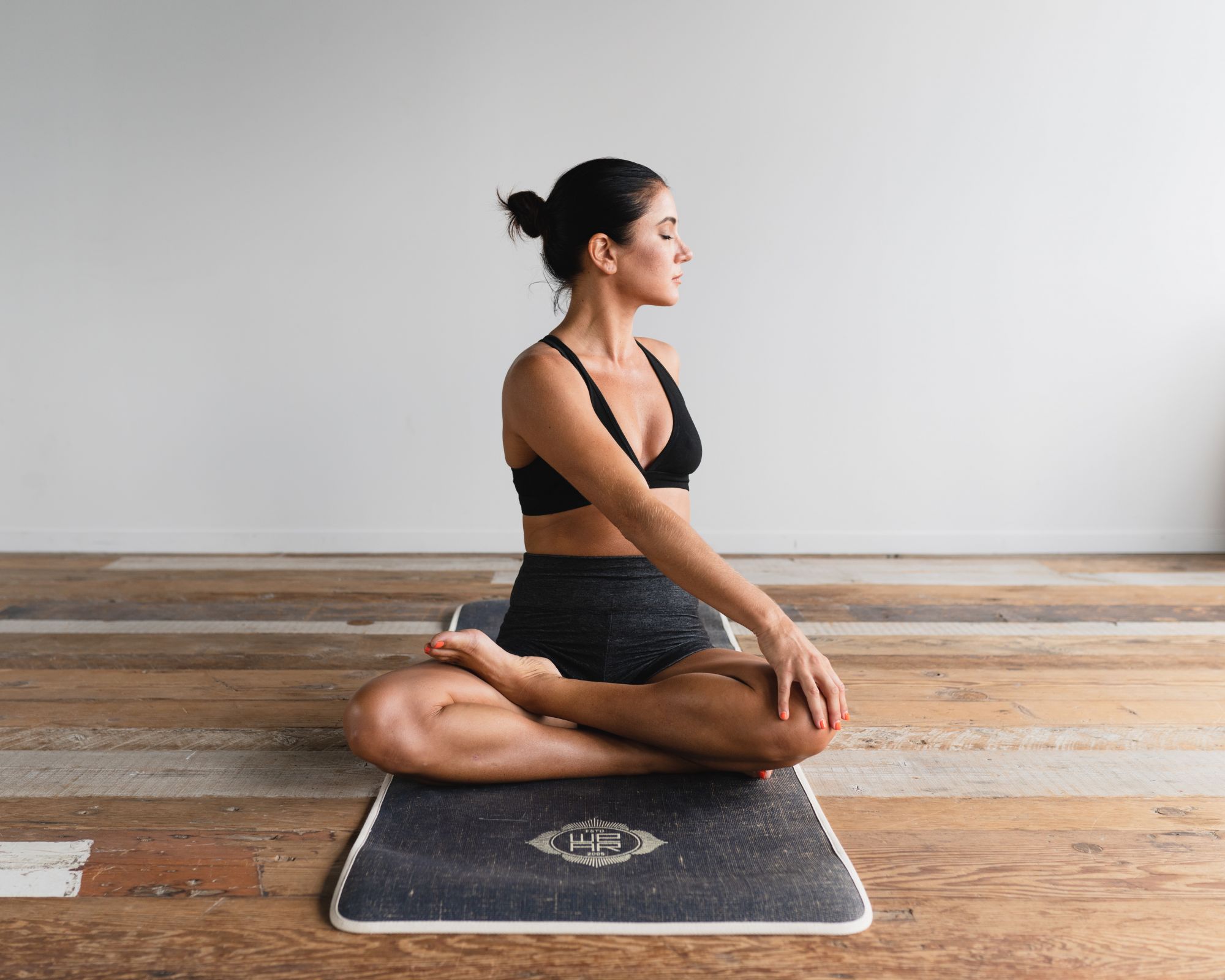Ready to take your health seriously? In honour of Global Wellness Day on June 12, we’re listing out science-backed habits for better mental and physical health
We’ve all been there. Perhaps it’s triggered by a few too many hangovers throughout the month, or a minor health scare from a family member—there comes a time when all of us pause and wonder if this is the moment when we should start making our health a priority.
Better health doesn’t come overnight, and we all know it’s easier said than done when it comes to changing old habits. Whether you’re looking to slowly incorporate one or two new habits to begin your health journey, or if you’re on a transformation journey to completely reboot your life, we list out 6 science-backed habits that’ll help improve your mental and physical health.
See also: 6 Wellness Retreats and Self-Care Staycations in Singapore to Boost Your Mental Health
Read books daily

Time needed: 15 to 30 minutes daily
When was the last time you were fully immersed in a book? Reading has shown to help strengthen your brain, prevent cognitive decline and reduce stress, according to research.
In a study on the short and long-term effects of novel reading, significant increases in connectivity were found in the story comprehension and perspective-taking regions of the brain.
Short on time? Reading for just 15 to 30 minutes a day could help your brain form cognitive maps as it learns, which in turn keeps your brain sharp, according to neuroscientist Dr. Kristen Willeumier on the mindbodygreen podcast.
Related: 6 Singapore Literary Insiders Share Their Favourite Books




